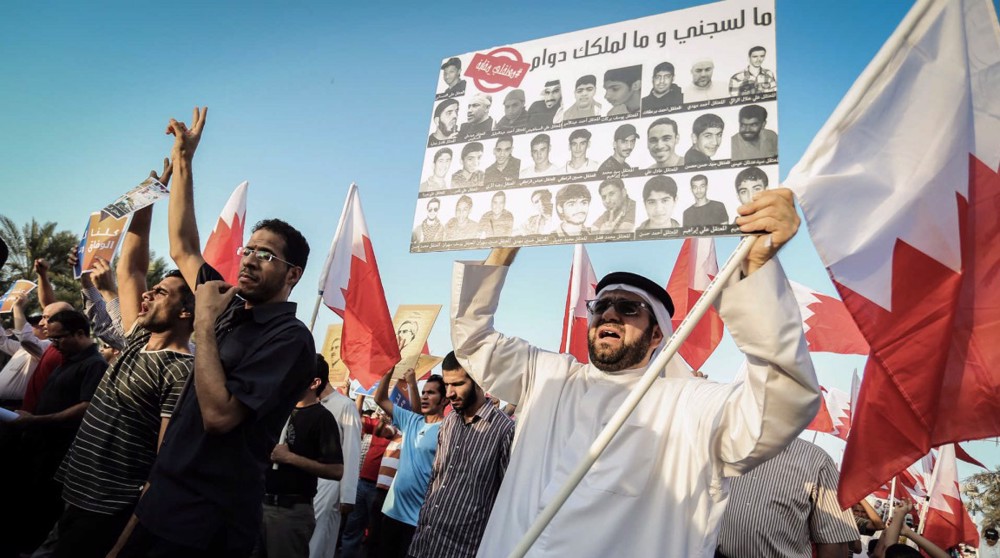AhlulBayt News Agency (ABNA): The use of capital punishment in Bahrain has considerably increased over the past decade, particularly since the 2011 Arab Spring uprising, according to a new report.
A joint report released on Tuesday by anti-death penalty and human rights group Reprieve and the Bahrain Institute for Rights and Democracy (BIRD) said that death penalties in the Persian Gulf country had shot up by more than 600 percent.
At least 51 people were sent to gallows since anti-regime protests erupted in the country in 2011, while seven people had been sentenced to death in the previous decade, the report notes.
It said that the use of torture, especially in “terror”-related death sentence cases, is widely prevalent in the country, despite assurances of human rights reforms by the Manama regime.
Pertinently, Bahrain broke a seven-year de facto moratorium on the death penalty in January 2017 when it executed three torture victims.
The UN Special Rapporteur declared the executions to be extrajudicial in nature, highlighting the government’s use of “torture, unfair trial and flimsy evidence” in securing their convictions.
According to the new report, some 88 percent of men executed in Bahrain since 2011 were convicted of “terror” charges, and 100 percent of them alleged custodial torture.
Today, around 26 men are sitting on death row in the island nation, 11 of whom allege torture by Bahraini authorities. According to court documents, the list includes individuals whose convictions were based on false torture “confessions,” the report states.
The United Nations Committee Against Torture, the report further said, raised concerns about “the widespread acceptance by judges of forced confessions” in Bahrain, and recommended that judges “should review cases of convictions based solely on confessions, since many may have been based on evidence obtained through torture and ill-treatment”.
The death penalty has been imposed on a scale “never seen before,” especially targeting those connected to political opposition, it notes, as many had attended pro-democracy protests.
Commenting on the report, Sayed Ahmed Alwadaei, director of BIRD, said sentencing torture survivors to death for their opposition to the government is a “heinous act of revenge” by the Bahraini regime.
“For those facing imminent execution, the uncertainty of knowing they could be executed at any time is causing an unspeakable strain on their lives and those of their families,” he said.
.............................
End/ 257

